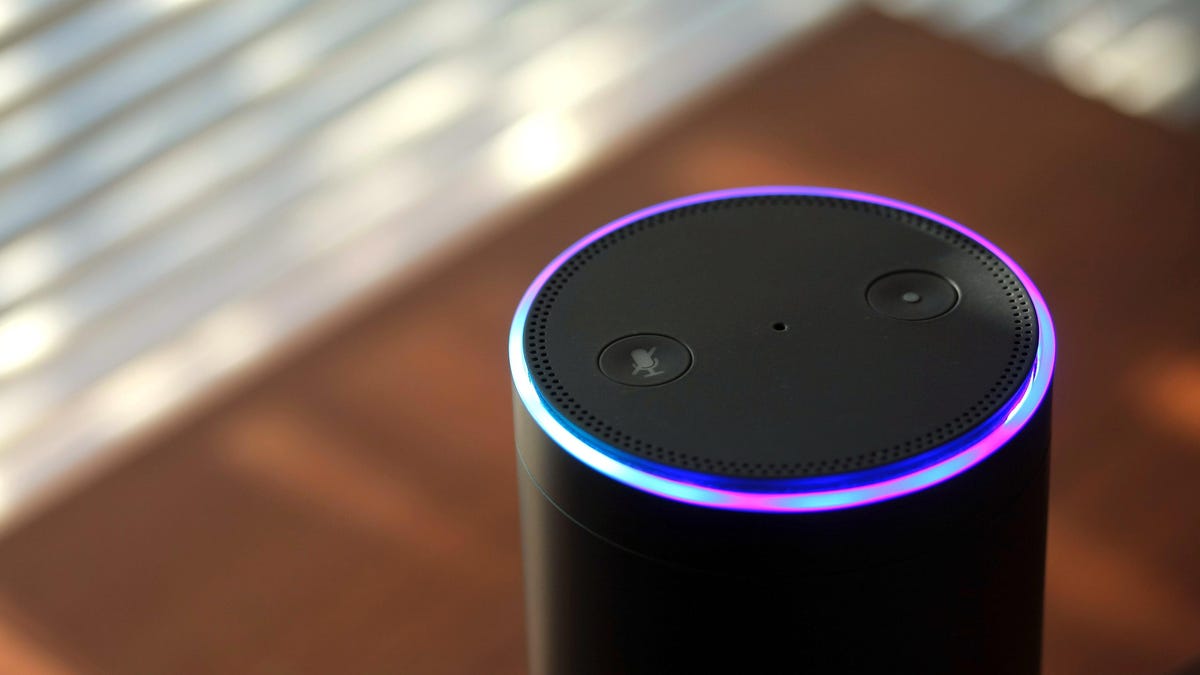
Last week, at Amazon’s annual Fall hardware event, executive David Limp revealed the company would soon be upgrading the capabilities of its well-known voice assistant, Alexa, using the supposedly magical power of generative AI. Earlier this year, Amazon rolled out AlexaLLM, a large language model designed to be integrated into the voice assistant to make its responses more intelligent and life-like. Now, in what should come as a surprise to no one, it’s being reported the tech giant will also be using an unknown amount of user conversations to train Alexa’s newly emergent AI capabilities.
On Tuesday, NBC reported that Amazon admitted user conversations with Alexa were being used for product improvement and development. While this isn’t necessarily unexpected (every tech company in existence seems to doing the same thing right now), it’s yet another reminder that—in modern times—your data is extremely important to corporations while your privacy is more or less an afterthought.
Advertisement
When reached for comment, an Amazon spokesperson took issue with the NBC article and told Gizmodo that the policy of using customer voice recordings to train the company’s algorithms was not a new development. “We’ve always believed that training Alexa with real-world requests is essential to delivering this experience,” said the spokesperson, adding that Alexa was powered by a number of large language models and that those models sometimes relied on training from users’ real-world conversations to grow their capabilities. The spokesperson added that only an “extremely small fraction” of users’ voice recordings are used in this way, but could not give hard numbers on how many.
In a subsequent statement provided to Gizmodo, the company also claimed that customers will still have “access [to] the same robust set of tools and privacy controls that put them in control of their Alexa experience today.”
Advertisement
Advertisement
Alexa’s problematic privacy history
Amazon Alexa has always been something of a privacy hazard. Despite the company’s continual claims to the contrary, the virtual assistant is a giant hoover of user data and, historically speaking, the user has had limited control over where that data goes or what happens to it.
In 2019, it was revealed that thousands of Amazon employees all over the world were listening to and transcribing conversations that were had with the assistant. The news—and the subsequent backlash—led Amazon to develop a feature that allowed users to stop human screeners from accessing their voice commands. This same feature should also help users who don’t want their commands to be used to train Amazon’s AI algorithms. If you wish to wash your hands of the company’s creepy product development process (you should), you can head to Alexa’s privacy settings on the web or your mobile device to opt out of voice recording.
Of course, if you really care about your privacy, a simpler solution might be to follow Gizmodo’s standard advice and just chuck your Alexa devices into the sea. That option is always available.
Services Marketplace – Listings, Bookings & Reviews